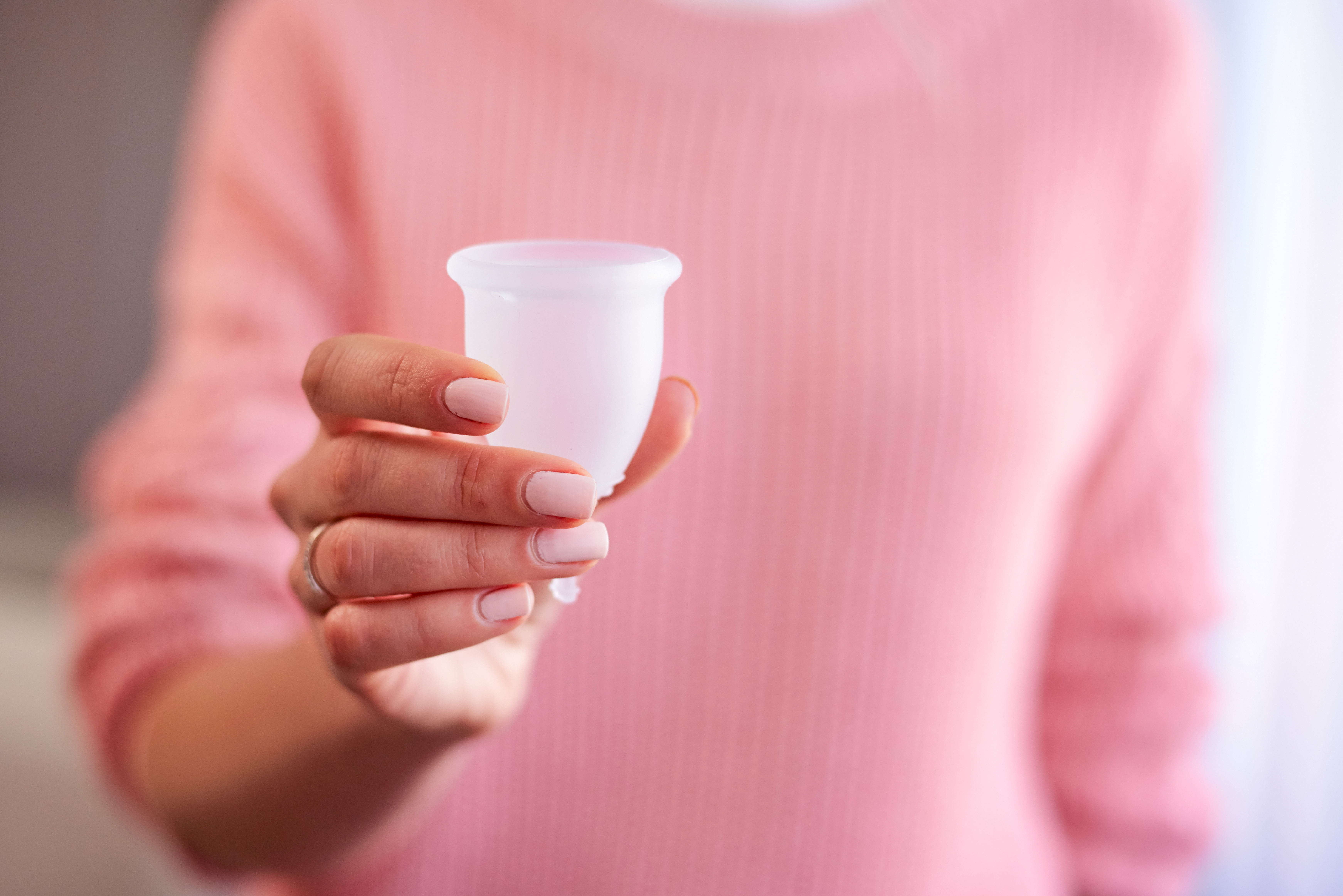Science-Backed Moves to Combat Age-Related Muscle Loss
9. The Significance of Hormonal Balance

Hormonal balance plays a crucial role in maintaining muscle mass and function, particularly as we age. Hormones such as testosterone, estrogen, and growth hormone regulate muscle protein synthesis and influence muscle strength. Age-related hormonal changes can contribute to sarcopenia, making it essential to address hormonal imbalances. Regular physical activity, particularly strength training, can boost hormone levels and enhance muscle health. Nutritional interventions, such as adequate protein intake and omega-3 supplementation, can also support hormonal balance. In some cases, hormone replacement therapy may be considered under medical supervision. By prioritizing hormonal health, individuals can preserve muscle mass, improve physical performance, and reduce the risk of age-related muscle loss, ultimately enhancing their quality of life.
10. The Role of Antioxidants in Muscle Preservation

Antioxidants play a vital role in muscle preservation by neutralizing free radicals and reducing oxidative stress, which can contribute to muscle breakdown. Aging is associated with increased oxidative stress, leading to cellular damage and inflammation. Consuming a diet rich in antioxidants can help combat these effects and support muscle health. Foods high in antioxidants, such as berries, leafy greens, nuts, and seeds, provide essential nutrients that protect muscle cells. Vitamins C and E, as well as compounds like polyphenols and flavonoids, have been shown to enhance muscle function and reduce inflammation. By incorporating antioxidant-rich foods into the diet, individuals can support muscle preservation, enhance recovery, and reduce the risk of age-related muscle loss, ultimately promoting overall well-being.
